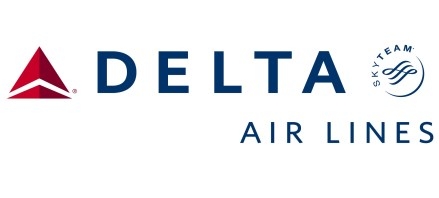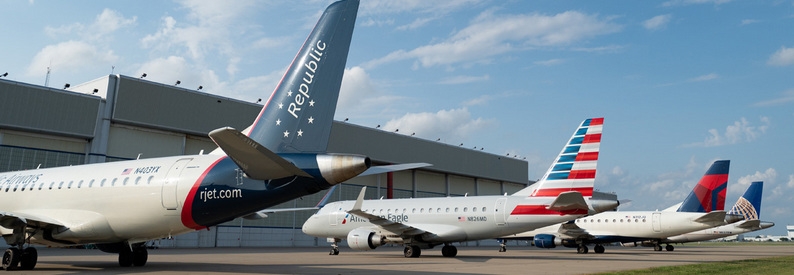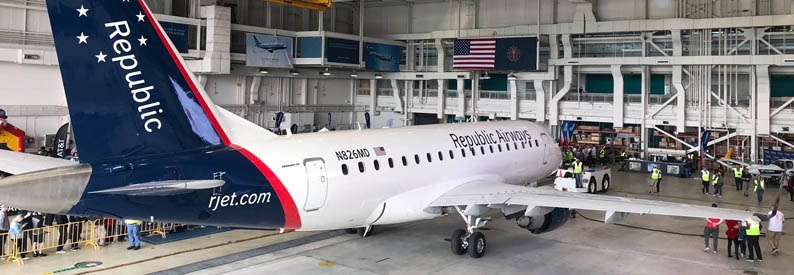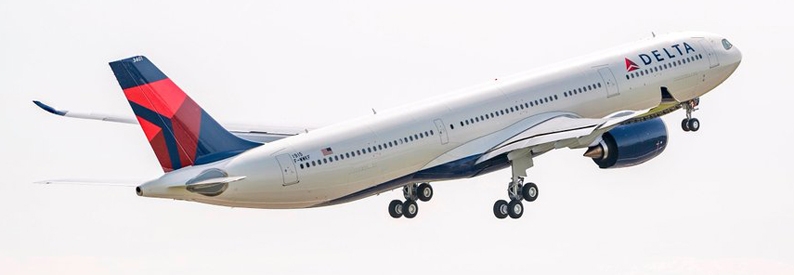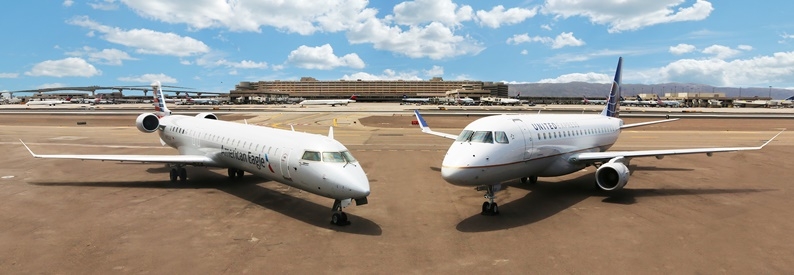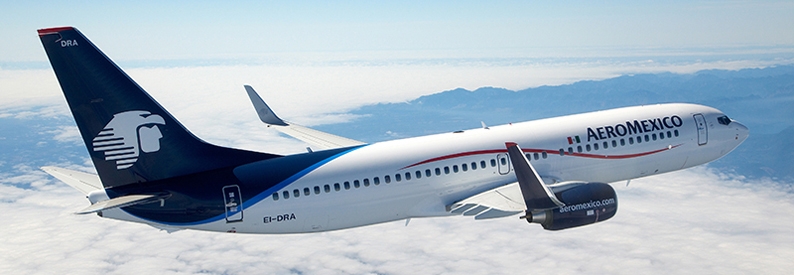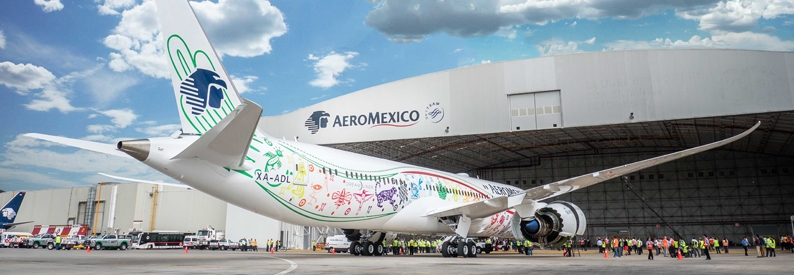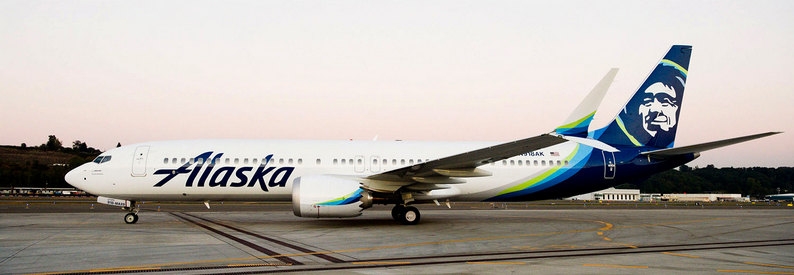A US federal judge has ordered Delta Air Lines (DL, Atlanta Hartsfield Jackson) and United Airlines (UA, Chicago O'Hare) to face a consumer antitrust class action in which they are accused of conspiring to limit domestic capacity to drive up fares between 2009 and 2015.
Columbia District Court Judge Colleen Kollar-Kotelly concluded the plaintiffs presented enough evidence demonstrating a "pattern of parallel behaviour" and the existence of one or more factors "that tended to exclude the possibility that [the] defendants acted independently". Therefore, in a September 5 decision published on September 12, Kollar-Kotelly denied the airlines' motions for summary judgements in the multi-district class action lawsuit.
American Airlines (AA, Dallas/Fort Worth) and Southwest Airlines (WN, Dallas Love Field) settled similar antitrust allegations for USD45 million and USD15 million in 2018 and 2019, respectively, to avoid the cost of more litigation. Reuters reports that payouts will not begin until claims against Delta and United are resolved.
The case dates from July 2015, when three passengers filed an antitrust class action in the Milwaukee Federal Court against the four mainline carriers. The allegation is that between January 2009 and mid-2015, the airlines conspired in violation of Section 1 of the Sherman Antitrust Act by agreeing to limit the supply of airline seats on domestic flights to increase airfares.
"All parties acknowledge that the airline industry is an oligopoly, and the industry became more concentrated during the alleged conspiracy period due to several mergers between 2008 and 2013. Furthermore, the parties agree that [the] defendants had a controlling market share of the United States domestic market during the alleged conspiracy period," the judge commented.
The court considered the airlines' argument that there was no evidence of collusion based on allegations that:
- domestic growth differed substantially and sometimes exceeded Gross Domestic Product (GDP);
- capacity growth rates did not deviate from historical patterns;
- competition on routes and at hubs;
- no evidence that Delta was punished for its above-GDP capacity growth; and
- no evidence the airlines engaged in private conspiratorial communications.
The court also addressed the plaintiffs' assertions that the airlines had:
- a significant common motive for colluding – to increase profitability;
- their announcements and statements expressed commitment to a common plan;
- they shared sensitive data and engaged in high-level interfirm communication;
- economic evidence demonstrated that capacity restraints and fare increases were not explained other than collusion;
- airline investors and analysts facilitated and enforced capacity restraints;
- this was a structural break from the defendants' past conduct.
- Type
- Base
- Aircraft
- Destinations
- Routes
- Daily Flights
